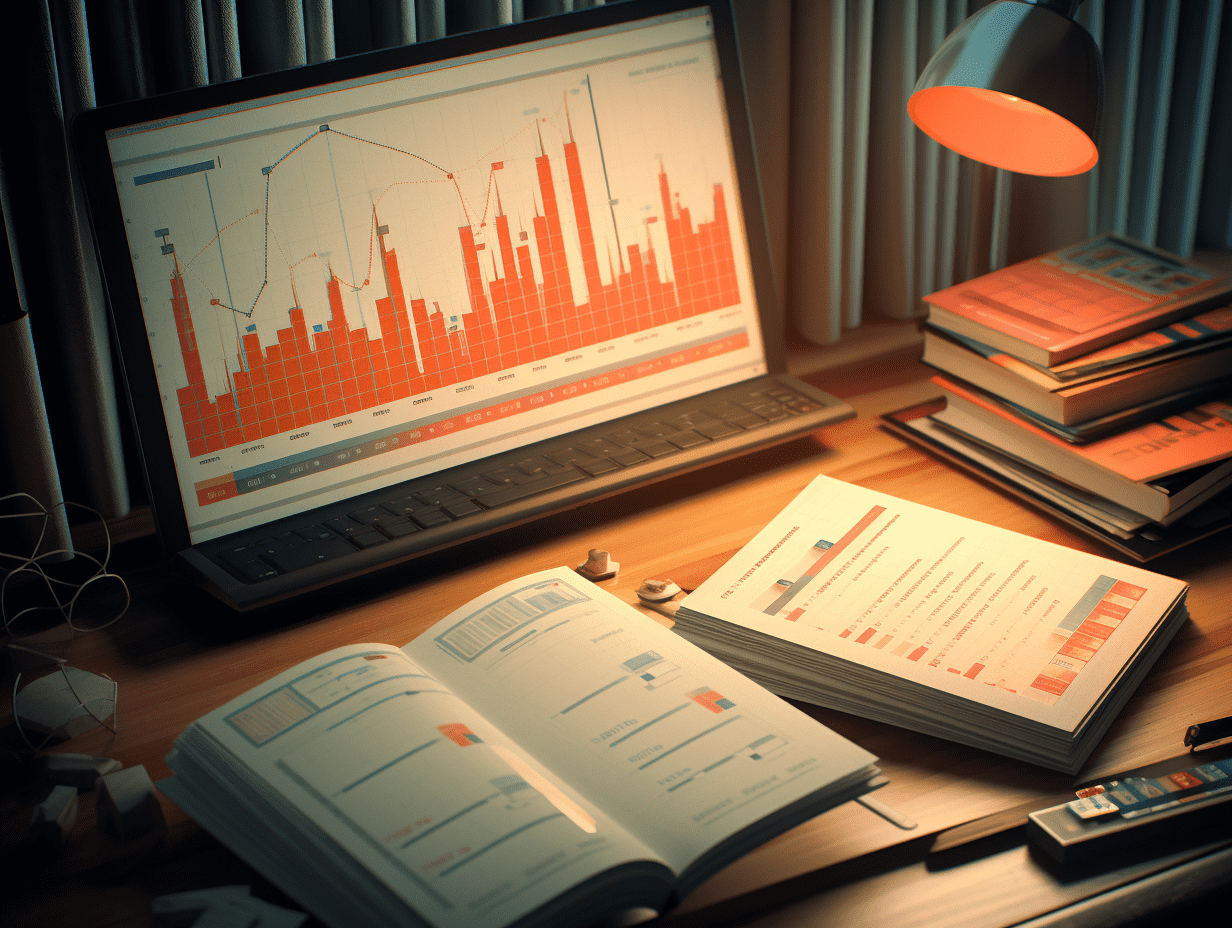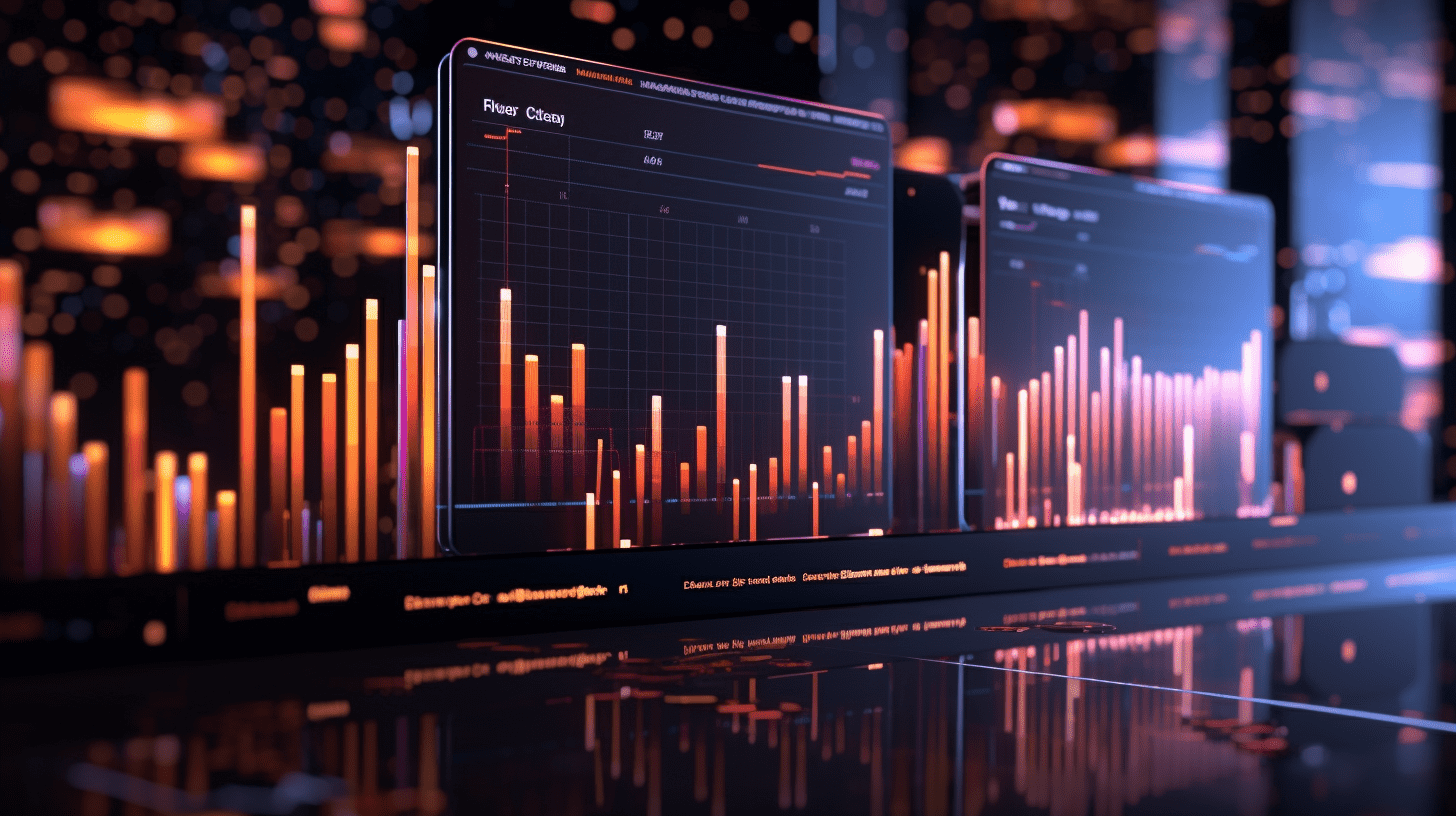How should investment portfolios respond to a trade war? Answer from the world's largest sovereign fund: tolerate! Even if it means losing 600 billion.
The CEO of Norway's global pension fund believes that with tariffs causing economic shocks and inflation rising, the fund may suffer losses of over one third. In the face of a trade war, investors cannot do much, but sticking to long-term investments, as "time can heal all wounds." However, some analysts suggest that besides "enduring", there are other choices - such as gold and active trading.
Facing the possible global economic recession and asset depreciation caused by a trade war, the world's largest sovereign wealth fund - the Norwegian Government Global Pension Fund has adopted a "wait and see" strategy.
In a recent interview, Nicolai Tangen, the CEO of the Norwegian Government Global Pension Fund, appeared remarkably calm in the face of the upcoming trade war, choosing to do "nothing" in response to asset fluctuations.
Tangen said:
There is a hot war, a cold war, a tech war, a trade war, and a lot of fragmentation at the same time. Faced with this situation, investors can't do much.
His strategy is to maintain a long-term investment perspective and diversify. He believes that investors can usually trust that "time heals all wounds" and will yield good returns.
It is worth noting that about half of the fund's assets are allocated to US stocks and bonds, mainly in stocks. Despite this, due to the fund's exposure to the European market, this year's performance has remained stable. Tangen warned that if the global trade system splits into different camps due to tariff barriers, resulting in economic shocks and rising inflation, the fund could lose more than a third of its value, up to $600 billion in losses.
So is it really reasonable to choose to do "nothing" in response to a trade war? Are there other options for investors besides "waiting and seeing"?
Is it really reasonable to choose to do "nothing" in response to a trade war?
James Mackintosh, a columnist for The Wall Street Journal, commented in his latest article that broadly investing in stocks has almost always beaten bonds, cash, and inflation over the past century.
After experiencing the lows of the 1970s, the stock market crash of 1987, the bursting of the dot-com bubble, and the global financial crisis, investors who held onto stocks eventually saw returns. The key to long-term investment is to not constantly monitor the value of the portfolio, not make random adjustments, and simply "forget about it," everything will eventually work out.
However, for investors who may not be like Tangen, they may feel anxious about potential losses and worry that things may not eventually turn aroundor that they may not have enough time like a country does to wait for the situation to improve.
Mackintosh further warns that this may be a new era. He believes that the economic impact of Trump's tariffs may be much worse than stock pricing, and there may be more downturns in the future.
Historically, stocks were not a good investment in the 19th century, with stock prices at the end of the 19th century lower than their initial levels, and the entire century's returns came from dividends. With President Trump's call for a return to a golden age of tariffs, history may be repeating itself, with asset prices possibly plummeting.
In addition to "waiting and seeing," there are other choices - gold and active trading
While Tangen believes there is no way other than waiting, Mackintosh believes there are two choices for investors who want to avoid the risk of a sudden collapse in global trade: gold and active investment.
Gold is a classic hedge tool against short-term inflation that may be caused by tariffs. When prices fall, gold tends to perform well. Compared to stocks, in the event of trade disruptions leading to future productivity declines, the impact on gold may be less severe.
However, the problem is that as an insurance, if everything goes smoothly, it may weigh down the investment portfolio, much like paying insurance premiums. With gold prices already up about 60%, if everything goes smoothly, gold prices may significantly fall.
For Norway's sovereign wealth fund, active trading is not feasible because of its massive size, making it difficult to adjust course like an oil tanker in Norway. The majority of the fund's assets track indexes, with only a small portion adjusted based on Tangen's team's views.
But individual investors can be more flexible, which can be both an advantage and a disadvantage. Mackintosh believes that active investing could outperform the market, especially when investors flock to hot topics and push prices to unreasonable levels. However, seizing market opportunities takes a lot of time, and Tangen questions whether active investing can make money, as even smart investors with almost unlimited resources often struggle to seize market opportunities.
Furthermore, US Inflation-Protected Securities (TIPS) are also an option, with a 2% yield on the 10-year term, which is very attractive. However, in high-interest rate situations, they may suffer longer losses.
This article is from "Wall Street News", written by Zhao Ying, edited by GMTEight: Li Cheng.
Related Articles

Bank of America's Hartnett: The market is expecting Trump to shift towards "lowering tariffs, lowering interest rates, and lowering taxes."

Ministry of Transport: On May 3, the total number of inter-regional personnel movements reached 289.775 million.

The vulture smelled blood! Hedge fund shorts American private credit giants
Bank of America's Hartnett: The market is expecting Trump to shift towards "lowering tariffs, lowering interest rates, and lowering taxes."

Ministry of Transport: On May 3, the total number of inter-regional personnel movements reached 289.775 million.

The vulture smelled blood! Hedge fund shorts American private credit giants

RECOMMEND

Berkshire Hathaway Shareholders Meeting Q&A Live: Buffett Talks about Trade, Japan, and Cash Deployment in 2025.
03/05/2025

Why has net profit significantly decreased? Berkshire Hathaway (BRK.A.US) 2025 Q1 management discussion and analysis of financial condition and operating results.
03/05/2025

Buffett's designated successor - Who is Greg Abel? Can he continue the legend of the "Stock God" Buffett?
03/05/2025


